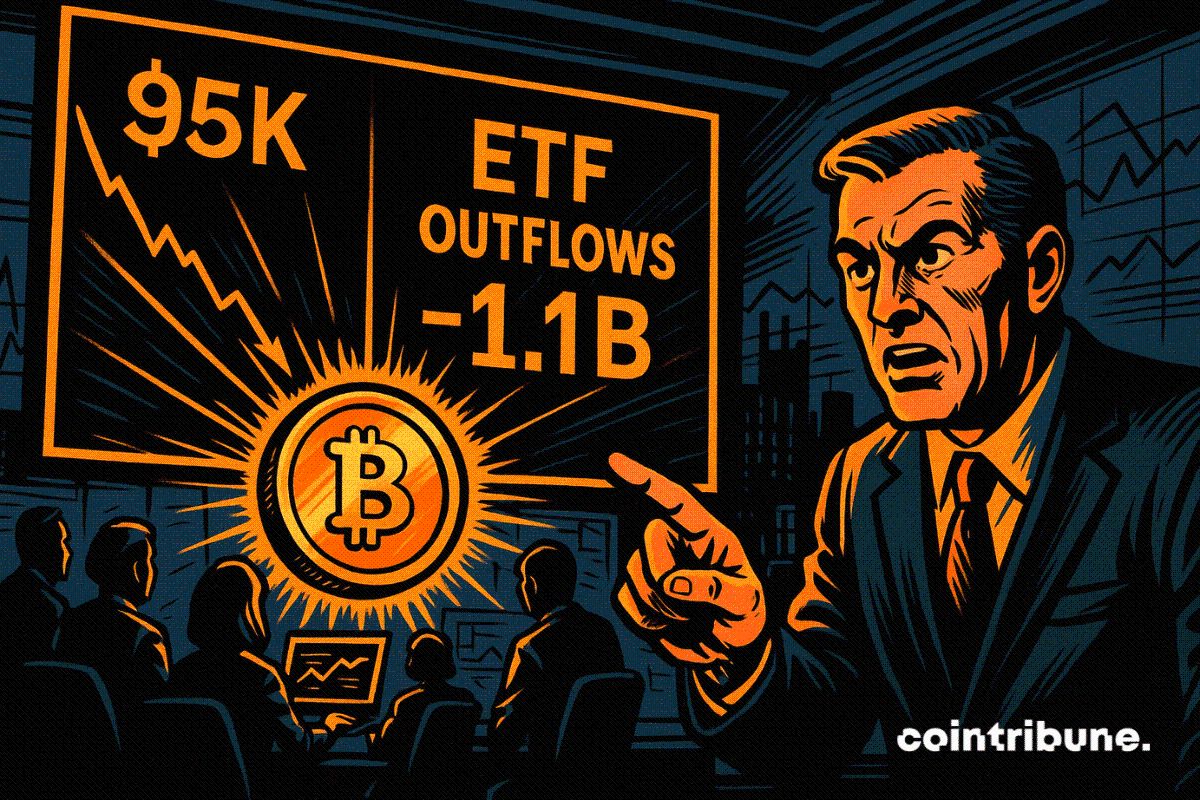What can Duan Yongping’s investment philosophy teach the crypto community about “holding to get rich”?
Although "value investing" has become a misguided methodology in the crypto world, and although the market no longer rewards diamond hands, faced with the ruthless battering of the market and a screen full of powerless complaints and grievances, I still try to find the original "Hold to Get Rich" wisdom that belongs to crypto from Duan Yongping's video interview clips:

Let’s look at his most incisive core viewpoints (with my own crypto interpretations):
1) Buying stocks is buying companies; the hard part is understanding the company
99% of people have heard this, but less than 1% truly understand it. Understanding a company means you can judge its future cash flow, business model, moat, and management team, and know whether it can still thrive ten years from now.
In the crypto world, I think you need to see whether a project has cross-cycle capability, understand its ecological position in the ongoing narrative rotation, see whether the team is purely chasing narratives or is continuously pursuing PMF, and distinguish whether the tokenomics is just a short-term Ponzi trap or has long-term value capture ability.
2) Margin of safety is not about how cheap the stock is, but how deeply you understand the company
This insight overturns most people's understanding of "bottom fishing." Cheap things can get even cheaper, or even go to zero. The real "margin of safety" comes from the depth of your understanding: when you understand the company better than the market, short-term volatility is just noise, or even an opportunity.
Most holders in crypto are just stuck and holding on, most retail investors chase when it rises and sell when it falls, and there is basically no such thing as a margin of safety. The real margin of safety should be: you are certain that the fundamentals of the project have not changed, the team is still building, and the value is severely underestimated—only then is a drop an opportunity to increase your position.
3) I am a full-position advocate; holding cash feels uncomfortable
If you truly understand the company and are certain of its long-term value, then cash is just depreciating waste paper. Investment decisions are always based on opportunity cost; if you sell a stock and can't find a place with higher returns, then selling itself is a mistake.
The high volatility and unregulated chaotic order of the crypto world make "full-position" behavior unsuitable for most ordinary people; the experience of holding coins and staying at the table for the long term is what matters most.
4) If you stare at market ups and downs every day and talk about the market every day, it means you don’t understand the company
True investors focus on business operations, not stock price fluctuations. K-line charts, technical analysis, and short-term trading are, in his view, games that are hard to make money from.
In crypto, if you want to understand a project, you should care about its Github update frequency, technological innovation, community activity, and product iteration speed, not how many points it rose or fell today.
5) If you don’t understand investing, don’t touch stocks. Go buy the S&P 500 or Berkshire Hathaway
Copying others is unsustainable because you are always lagging behind and never know when to sell. If you can't understand a company, admit it and put your money in an index.
Translated into crypto: If you don’t understand, don’t play with meme coins; just stick to regular investments in BTC, ETH/SOL.
6) Doing the right thing is more important than doing things right
Solve the right-or-wrong issue first, then solve the efficiency issue. Making mistakes in the process of "doing things right" is acceptable, but knowingly doing the "wrong thing" and suffering the consequences is not.
In crypto, missing a 10x on a good project because you couldn't hold is a capability issue and can be improved; putting money into an obvious scam is a cognitive issue and is incurable. The greatest tragedy is often not missing an opportunity, but actively stepping into a trap.
7) Once trust is broken, nothing said is trustworthy
Duan Yongping left Subor because the equity promise was not fulfilled and trust collapsed. Once a person or organization breaks trust, nothing they say afterward is credible.
This logic should be very applicable in crypto, but there are still many teams that run away and then come back with a new identity to scam again. True investors should establish a "blacklist": teams that have broken trust, KOLs who have scammed, protocols that have had incidents—never touch them a second time. Trust is the scarcest asset.
8) Value alignment is very important; cooperation without value alignment cannot last
Duan Yongping believes companies should choose people with shared values, not rely mainly on training. In investment, it means you should choose projects that align with your values.
The biggest problem in crypto is that 90% of project teams and investors do not share the same values: project teams want to cash out and run, retail investors want to get rich overnight, and no one cares whether the thing has any value. This value misalignment dooms most projects to short lives.
9) Knowing what not to do is more important than knowing what to do
Duan Yongping has a "not-to-do list": don’t do what you’re not good at, don’t do what’s unhealthy or unsustainable. His corporate vision is "healthier and longer-lasting."
In crypto, establishing a "not-to-do list" may protect your principal better than chasing hot trends: don’t touch what you don’t understand, don’t touch what’s too complicated, don’t touch teams with stains, don’t touch projects with problematic tokenomics. Everyone is thinking "where is the next opportunity," but never asks "which pitfalls must I absolutely avoid."
10) AI is an industrial revolution, and bubbles will come with it
Duan Yongping’s view on AI is very clear-headed: this is a real revolution, but there will definitely be bubbles. He invested in Nvidia not for speculation, but to "get involved a bit" and not miss the real transformation.
True innovation always comes with bubbles and speculation, but that doesn’t mean innovation itself has no value. The key is to distinguish which are true innovations and which are scams disguised as innovation. AI + Crypto is the same: bubbles are certain, innovation will definitely happen, and it’s up to you whether you have the wisdom and conviction to "get involved a bit."
That’s all.
Duan Yongping’s value investing philosophy is essentially about "monetizing cognition." Investing is not gambling, not speculation, but using deep understanding of companies to capture value underestimated by the market.
Those seemingly simple principles—"integrity, honesty, long-termism"—have been proven by his decades of practice to be the most effective moat. The market is never short of opportunities; what’s lacking is the vision to see them and the discipline to hold onto your chips.
Note: I found that during a market downturn, reading the wise words of investors who have achieved great results is indeed quite healing, especially for those who still hold a belief in "long-termism." Be sure to take a look, read and savor. Let’s encourage each other!
Disclaimer: The content of this article solely reflects the author's opinion and does not represent the platform in any capacity. This article is not intended to serve as a reference for making investment decisions.
You may also like
Yala Faces Turmoil as Stability Falters Dramatically
In Brief Yala experienced a dramatic 52.9% decline, challenging its stability. Liquidity management emerged as a critical vulnerability in stablecoins. Investor skepticism deepened despite major fund support.

US Bitcoin ETFs Log $1.1B Weekly Outflows as BTC Slides Toward $95K

ECB Warns Rapid Stablecoin Growth Could Force Rethink of Eurozone Monetary Policy

Hong Kong Pilot Marks Breakthrough Moment for Regulated Fund Tokenization

